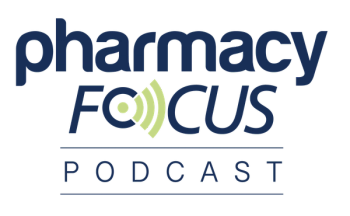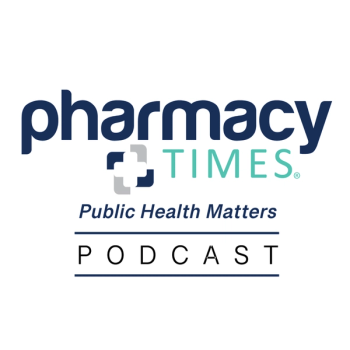
Pharmacists can be essential sources of education for patients, offering them guidance on safe use and proper dosage.

Pharmacists can be essential sources of education for patients, offering them guidance on safe use and proper dosage.

The financial burden has increased significantly since 2015.

Building trust between techs and patients makes administering vaccines easier and increase immunizers’ confidence.

For adults receiving the 15 mg dose, tirzepatide sustained weight loss with an average reduction of 22.9% in body weight compared with 2.1% for the placebo.

Let’s shine the spotlight on ourselves, and let’s begin to heal.

In Finland, season of birth, notably autumn and winter, was associated with the development of asthma and allergic rhinitis.

The proposed diagnostic agent has a long half-life, enables imaging the next day, and correlates to a longer shelf life in the pharmacy.

In Missouri, community health workers partnered with community pharmacists, CPESN, and others to develop a state-funded program to address vaccine gaps in local communities.

Pharmacists can help caregivers by recommending a healthy balanced diet containing high vitamin D intake and supplementation when needed.

This designation follows the drug's rare pediatric disease designation in July 2024.

Investigators compare the impact of semaglutide for preserved ejection fraction and reduced ejection fraction, which both have different causes and responses to treatment.

The researchers found that unusual and dramatic changes in weather as well as heavy rainfall helped aid in the pathogen’s evolutionary change.

In an interview with Pharmacy Times, Jasmine Perry describes her idea of an effective health care delivery model and why research can have a huge impact at the policy level.

Researchers assess the safety, tolerability, and immunogenicity of a single combination dose to evaluate its immunogenicity against SARS-CoV-2 and influenza.

Bendamustine resulted in a greater risk of treatment complications in patients with lymphoma.


The Alzheimer disease treatment landscape is evolving with new FDA-approved antibody therapies and advancements in biomarker testing to enable earlier diagnosis and intervention.

Sabrina K. Griggs, RPh, ACN, and her staff take pride in providing personalized care to patients in Kerrville, Texas.

Recognizing early signs and seeking medical care is essential for effective treatment and preventing long-term health complications.

The acceptance will lead to vaccines that provide better protection against the KP.2 strain of SARS-CoV-2.

Drawing on years of experience, Rina Shah explains how sustainable care models are essential for a thriving pharmaceutical industry.

The FDA assigned the combination a Prescription Drug User Fee Act goal date of April 21, 2025.

Individuals with chronic conditions like asthma, diabetes, and chronic obstructive pulmonary disease face an increased risk of developing RSV.

Communities that are impacted by increased wildfires can experience increased health risks, particularly among those who have asthma or chronic obstructive pulmonary disease.

Palliative care is crucial for safe and effective medication management to relieve symptoms and improve quality of life.

In an interview with Pharmacy Times, Jon Easter discusses the need for pharmacy to align as a profession to achieve policy and research goals.

The legal question was whether a statute created an enforceable contract

Tune into this episode of “Public Health Matters” to learn about how Healthcare Advocate Summit, created by advocates for advocates, is involved in the discussion on improving access to health care.

President of NACDS, Steve Anderson, discusses how the events at Total Store Expo reflect on the association's goals of innovation and a focus on public policy.

Pharmacists are key resource points to navigate the nuances of keto diets and chronic health management.